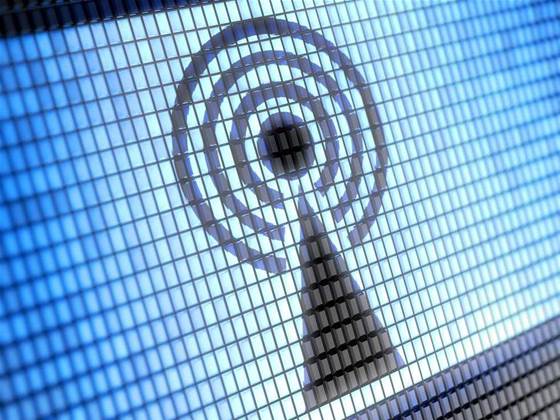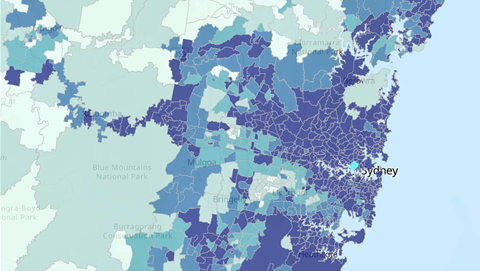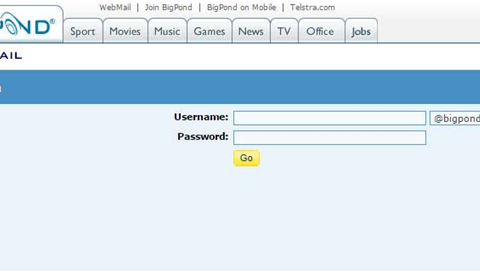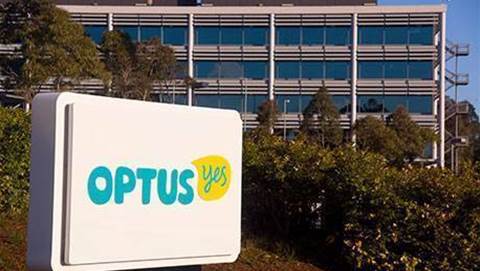It’s easy to get spoilt for choice when it comes to free wifi options when travelling internationally. But closer to home, the options in capital cities remains spotty at best, with Sydney and Melbourne falling seriously behind more progressive cities such as Perth, Adelaide and Brisbane.

In Sydney, unless you’re willing to go to McDonalds or travel on a ferry across the harbour, the options for free wifi are limited at best. Try a local library, or head to the inner city suburb of Glebe. There’s also a free wifi option in Sydney Square.
Melbourne doesn’t fare much better than Sydney when it comes to free wifi. Internet connectivity is offered in libraries, but apart from those locations, getting online again means retreating to a cellular connection, Maccas or waiting to ride the trains.
The ad-supported train service, which is provided by ISP Netbay Internet, is accessible "on the concourse and from every platform" at Flinders Street Station.
Sydney and Melbourne's virtual connection-free status is in stark contrast to what’s being planned for Adelaide.
The City of Churches already enjoys a wide-spread indoor free Citylan wifi service courtesy of a joint venture between the city council and ISP Internode.
This service is being joined in 2013 by free coverage across the entire Adelaide CBD, as well as North Adelaide and the surrounding parklands.
“The project is a key part of the State Government and Adelaide City Council's commitment to creating a vibrant, prosperous, well-connected and technology-smart city,” said an Adelaide City Council spokesperson.
The Council spokesperson said the proposed free wifi service is in the costing stage, and talks are being held with service providers to develop and operate it. “Details around connectivity and speeds are still being worked out,” she said.
Sydney City Council is considering a similar plan, though the details remain unclear.
“We are investigating the cost and feasibility of free wifi in the city centre, but it’s too early to say if we will proceed,” a council spokeswoman told iTnews.
Brisbane, Perth excel
Brisbane has taken a wider view of free internet, offering wifi in 22 parks around the city.
According to a Brisbane City Council spokeswoman, the service, which is limited to 512 Kbps, has been wildly popular.
“As of [November 28], there had been a total of 143,012 sessions across all of the parks,” she said.
“The average daily use has been progressively growing since the commencement of the service. It has almost doubled from 634 sessions per day in August, to approximately 1144 sessions per day in November.”
Brisbane Council indicated the 512 Kbps speed is an effective balance between cost and connectivity.
“The 512 Kbps speed is working well and balances the usage amongst all users. Performance is closely monitored and feedback from customers has been positive. There are no plans at present to change the speed of the service,” the spokeswoman said.
Across the continent, Perth is also leading the way with the introduction of free public wifi within the CBD set for 2013, with some areas already having coverage.
“The City invited five companies short-listed from the initial EOI [expressions of interest] process to tender for the delivery of public wifi," a City of Perth spokesperson said.
"The tender process closed 11 October 2012 with four companies responding to the tender to assist the City in building and managing its own wifi network.
"A preferred service provider has been identified and will be recommended for approval when the Council meets on 11 December.”
Darwin and Hobart
Like Melbourne and Sydney, the tropical capital Darwin offers wifi in libraries, supplementing it with free access in the Darwin Mall.
This service is speed-limited, and downloads are capped at 100 megabytes per session.
iTnews also contacted Hobart City Council for clarification of its wifi plans but did not receive a response by the time of publication.
It’s possible to connect to the Internet for free on the Hobart waterfront. There are, however, strict limits. It’s mainly offering tourist-related websites, and there's a five megabyte limit for data connections to external websites.
What’s clear is public wifi, with some solid exceptions such as Adelaide and Brisbane, has a long way to go in Australia.
With the prevalence of cellular data, perhaps that’s not a problem but as internet access moves from being a service to a utlity, it’s certain public wifi has to come up to scratch.

























